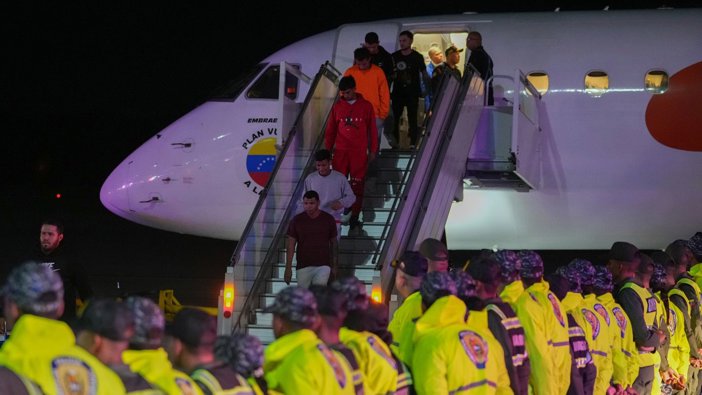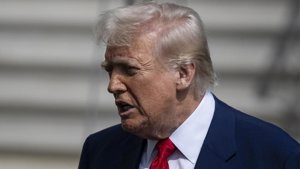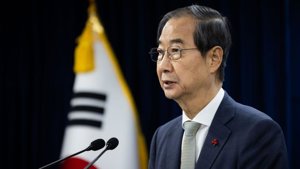
Venezuela, U.S. to Resume Migrant Flights
Venezuela confirmed on Saturday that it has reached an agreement with the United States to resume repatriation flights for Venezuelan migrants. The announcement came amid escalating diplomatic tension between the two nations following a series of U.S. deportation operations involving Venezuelan nationals.
National Assembly President Jorge Rodriguez revealed the decision, stating that the flights are set to restart on Sunday. “Migration isn’t a crime, and we won’t rest until everyone who wants to return is back,” Rodriguez said in an official statement, reaffirming the government’s commitment to reintegrate returning citizens.
The agreement marks a significant development in U.S.–Venezuela relations, which have been strained in recent months. Tensions spiked after the United States deported hundreds of Venezuelan migrants to El Salvador. The U.S. cited links to the Tren de Aragua gang—a violent criminal group based in Venezuela—as justification for the deportations.
The Venezuelan government, however, objected strongly to the deportation move and the criminal associations attributed to its citizens. Officials emphasized that deportation and migration issues should be handled with respect for human rights and bilateral cooperation, not through unilateral actions that exacerbate diplomatic friction.
The resumed flights are seen as a step toward rebuilding communication between the two governments on sensitive migration issues. For Venezuela, it represents a chance to demonstrate control over its diaspora and ensure a managed return process. For the United States, it offers a diplomatic channel to handle migrant flows from a region that has contributed significantly to recent increases in southern border crossings.
While the details of the repatriation framework remain limited, the Sunday restart signals an intent from both sides to calm rising political tensions and move forward with mutual understanding. The statement from Rodriguez reinforces Venezuela’s focus on voluntary return and underscores the government’s stance that migration should not be criminalized.
As repatriation flights resume, all eyes will be on how this fragile cooperation unfolds and whether it leads to broader agreements on migration policy and diplomatic engagement between the two countries in the near future.






